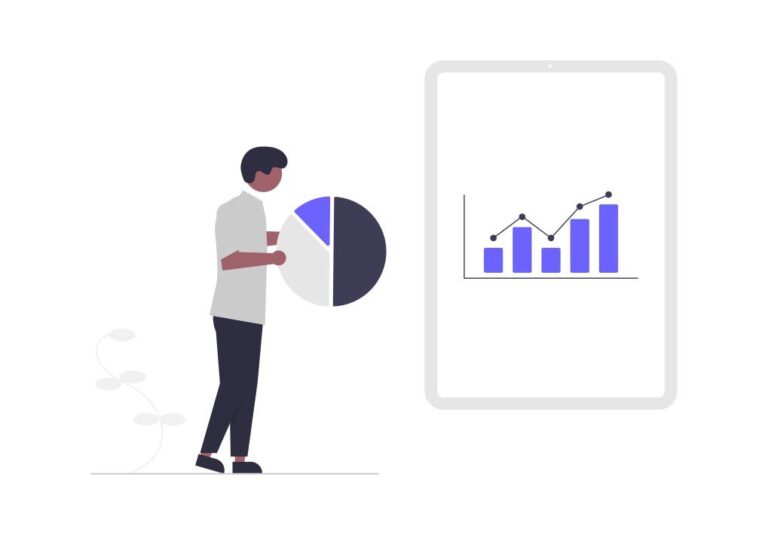The future upholds many challenges including climate change, hunger, diseases, financial crises, political and technology disruptions, which are likely to manifest more frequently and intensely in almost every region and country.
Population increase strains the already limited resources of their respective countries and forces people to relocate.
Climate change will increase risks to human and national security and force states to make hard choices and tradeoffs.
Health-driven challenges including growing antimicrobial resistance, increasing strains on mental health will require new approaches to healthcare.
Structural forces and economical, political, demographic and technological trends are laying the foundation of our future world. A more complex and fragmented trading environment will require governments and companies to rethink their competitive advantage sources. Facing all these challenges, it is important to grow and develop sustainably. It is crucial for governments and companies to not only cope and adapt, but also strategically position themselves to create competitive advantage and improve the lives of their stakeholders.
The United Nations’ Commission on Environment and Development “Our Common Future” report published in 1987 defined Sustainable Development as development that meets the needs of the present without compromising the ability of future generations to meet their own needs.
Sustainability -from a company’s point of view- is about managing not only its economical impacts, but also environmental and social impacts throughout its value chain in line with the UN Sustainable Development Goals (SDGs). It is also about being proactive about potential environmental and social risks that could affect business continuity.
The challenges we are facing are so big that nonprofits alone cannot address them alone. We need to rethink the policies of clean energy supply, industry, production, consumption, large-scale infrastructure, transportation, food, agriculture, construction, taxation and social benefit to the economy as a whole. Understanding the value of the protection and restoration of natural ecosystems and the importance of the sustainable use of resources and the improvement of human health is essential to start and improve our world. Transformational change is most needed to the national economy, society and natural environment – and we need governments and for-profit companies to take action.
Adhering to sustainability practices from a company’s perspective is important because:
- Climate crisis is real and imminent – we all need to do something about it
- Consumers are increasingly aware of environmental and social challenges, and they demand sustainable solutions from brands / companies
- Investors are valuing and providing funds to businesses based on their ESG performance and/or created impact
- Intangible assets take up more and more room in a company’s total value
- The new generation want to work for companies that has a clear, motivating purpose
- Sustainable management of a company increases its competitive advantage by lowering unit costs, increasing sales and/or unit prices
- Companies that do not adhere to sustainable management practices will be limited in their commercial activities
Sustainability and ESG-driven strategies matter, because currently they are the only tools we have to steer us in the right direction, to preserve the planet and the global common interest.







